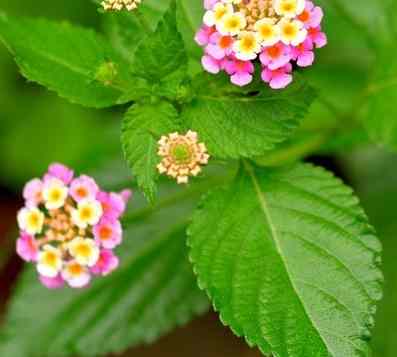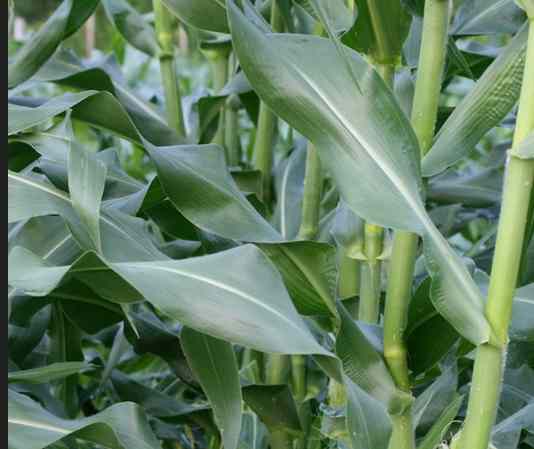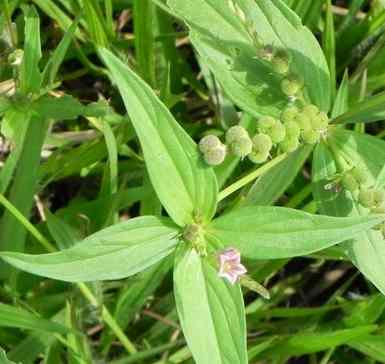
support@yorubalibrary.com
+2348073529208, 07038599574

Ewe Ewon Agogo (Also called Ewe Awon Adele) is one of the most popular and easily recognized herbs in Yoruba traditional medicine. It grows freely by roadsides, farmlands, and village paths, with its bright flowers catching attention from afar. Known in Scientifically as Lantana camara, this hardy shrub grows well in both sunny and slightly shaded areas. Despite being common, Yoruba herbalists know it as a leaf of strength. In Yoruba healing traditions, Ewe Ewon Agogo is used in many household remedies. It is considered a “cooling” and cleansing plant that helps relieve fever, body pain, and inflammatory conditions. The leaves are often boiled and used as a bath or drink to reduce body heat, treat rashes, and promote faster recovery from sickness. It also features in mixtures for cough, malaria, and stomach disorders. Among rural families, this plant is one of the first natural medicines taught to young herbal learners due to its easy accessibility.
In Yoruba healing traditions, Ewe Ewon Agogo is used in many household remedies. It is considered a “cooling” and cleansing plant that helps relieve fever, body pain, and inflammatory conditions. The leaves are often boiled and used as a bath or drink to reduce body heat, treat rashes, and promote faster recovery from sickness. It also features in mixtures for cough, malaria, and stomach disorders. Among rural families, this plant is one of the first natural medicines taught to young herbal learners due to its easy accessibility.
Apart from its medicinal strength, Ewe Ewon Agogo also carries symbolic uses in Yoruba spirituality. It is sometimes used in cleansing rituals to ward off negative forces and to purify the home. The plant’s ability to grow almost anywhere make it wonderful.
Key Facts
Category: Leaf
Botanical Name: Lantana Camara
Common Name: Wild Sage
Yoruba name: Ewon Agogo or Ewon Adele
Igbo Name: Nil
Hausa Name: Nil
Characteristics
Ewe Ewon Adele is a rough, bushy shrub that can grow up to two meters tall. It has square-shaped stems, coarse green leaves with a distinctive smell when crushed, and clusters of small, colorful flowers that range from yellow and pink to orange and red. The leaves are opposite, oval-shaped, and slightly toothed along the edges. When the leaf is rubbed between the fingers, it gives off a strong, sharp scent that herbalists recognize instantly. The plant produces small round berries that turn from green to black when ripe. It grows well in poor soils, drylands, and even abandoned plots.
Have you heard of our Yoruba Herb Dictionary? This contains names of Yoruba Leaf, Roots, Barks, Characteristics, Properties & Identification with HD Pictures. Order below or download sample here
A-Z HERBS & LEAF DICTIONARY #4KIdentification Features
1) Leaves: Coarse, oval, opposite, and aromatic when crushed.
2) Flowers: Small, clustered, brightly colored (yellow, orange, pink, or red).
3) Stem: Square, rough, and slightly woody as it matures.
4) Habitat: Found along roadsides, farmlands, and open fields.
Uses
1. Treatment of Fever and Malaria
Yoruba herbalists use Ewe Ewon Agogo to treat feverish conditions and malaria. The leaves are boiled, and the resulting decoction is taken warm to reduce body heat, relieve headaches, and promote sweating. The same water is sometimes used for bathing in the evening to cool the body and bring down high temperature.
2. Relief from Cough and Chest Congestion
The leaf extract of Ewe Ewon Agogo is mixed with honey or palm kernel oil and taken in small portions to clear the chest. It helps loosen mucus and soothe irritation in the throat. Regular use for a few days relieves coughing and restores easier breathing.
3. Treatment of Stomach Disorders
When stomach pain or diarrhea occurs due to mild infections or indigestion, a gentle infusion of Ewe Ewon Agogo is taken. The leaf’s natural astringent and anti-bacterial properties help cleanse the stomach and reduce discomfort.
4. Healing of Skin Rashes and Boils
Crushed Ewe Ewon Agogo leaves are applied directly to affected areas to treat rashes, boils, and insect bites. Its strong antimicrobial effect helps dry up infections and promote healing. Yoruba women often mix the crushed leaf with shea butter (ori) for smoother application and protection against itching.
5. Treatment of Wounds and Sores
The leaf juice is known for speeding up the healing of fresh wounds. It is used to wash the surface of cuts or ulcers, reducing swelling and preventing infection. Some healers combine it with Ewe Iyeye for greater potency.
6. Relief for Body Pain and Fatigue
Bathing with warm water prepared from boiled Ewe Ewon Agogo leaves helps relax tired muscles and joints. The leaf contains mild anti-inflammatory properties that soothe pain caused by hard work, rheumatism, or physical strain.
7. Spiritual Cleansing and Protection
In Yoruba traditional belief, Ewe Ewon Agogo is used in spiritual baths meant to drive away bad luck and negative influences. It is often boiled with other protective herbs such as Ewe Rinrin and Ewe Efinrin. The bath is done at dawn to invite peace, healing, and protection into one’s life and home.
Want to treat common ailments such as Malaria, Cough, Measles, Typhoid, Pile etc naturally without spending much? Grab a copy of Authentic Herbal Solutions: 15 Common Ailments & Their Natural Cures. A practical eBook recommended for everyone regardless of tribe, religion or association. Order below or Download sample here
AUTHENTIC HERBAL SOLUTION #4KOne Yoruba proverb says "Bí olóde ò kú, òde rè kì í wu Gbégi". Do you know that Gbégi is actually a leaf/plant? Get Yoruba Proverbs on Plants and Herbs, which is a collection of Untold Wisdoms Hidden in Leaf and plants comprising their Life Applications & Moral Teachings. Order below or download sample here
YORUBA PROVERBS ON PLANTS #4KPrecaution
While Ewe Ewon Agogo is very useful, it should not be consumed in large amounts as excessive use can irritate the stomach. The berries, though attractive, should not be eaten as they can be toxic when unripe. Pregnant women are advised to avoid using it internally without professional guidance.
Conclusion
Ewe Ewon Agogo is a multi-functional herb that continues to serve as a natural remedy across Yoruba communities. Its ability to treat fever, cough, skin conditions, and general weakness makes it a true household medicine. Far more than its physical healing powers, it also has different spiritual uses.

Know more about the Yoruba traditional uses and he…

Learn about Ewe Aran, a potent Yoruba medicinal le…